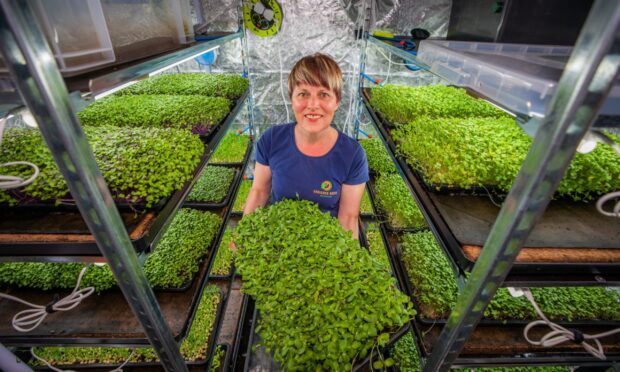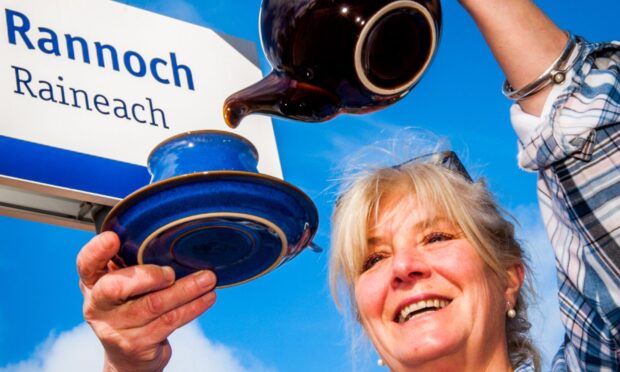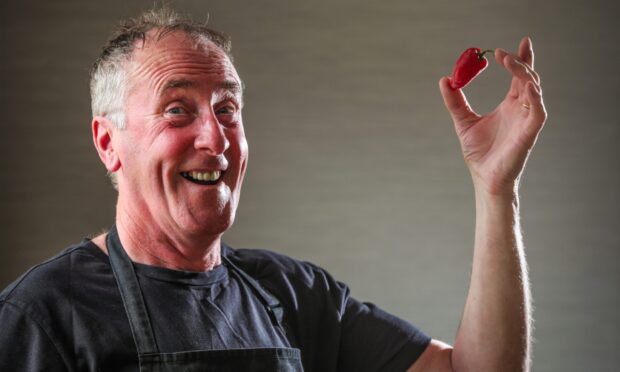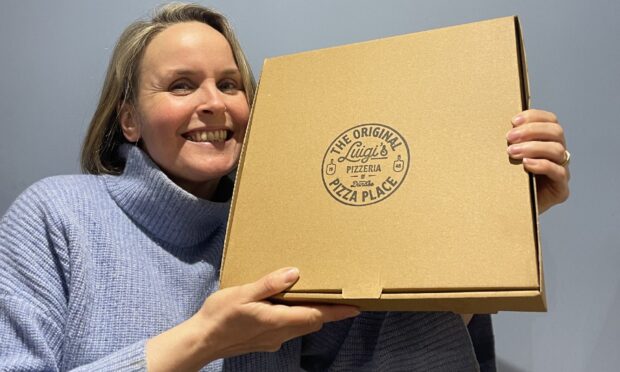If only one, polite, word could be used to sum up Stephen Thompson’s tenure as Dundee United chairman it would be “eventful”.
In the 10 years since he took on the role, the man who’s announced he will stand down at the end of the season has savoured the highs of kissing silver, seen his team secure good finishes in the top flight, play in Europe and on top of the Scottish Cup they won, reach two other domestic finals.
He’s also suffered the pain of relegation and fallen foul of his club’s support. A considerable number of them, frankly, cannot wait to see him go.
The near decade Thompson has been at the helm has also led to him becoming majority shareholder and reduce the club’s debt from some £7.7 million to the present level of somewhere in excess of £2m.
He may deserve more credit for that than he’s got, though the fact the debt has jumped considerably since relegation in 2016 is worrying. So is the prospect of United not making it up this season, a circumstance that on present form is a danger.
A director since Eddie Thompson bought United from Jim McLean in 2002, he assumed the chairmanship in the saddest of circumstances following his father’s death in October 2008 after a long battle with prostate cancer.
For that reason it was a role he’d never wanted but, initially, it was one in which he excelled.
As well as setting about reducing the level of debt, he managed to maintain and even increase success on the pitch.
Under manager Craig Levein, United had already got back to being a top-four side and, even though Levein left when Scotland came calling in December 2009, in just a matter of months even better would follow.
With Peter Houston now at the helm, Thompson’s greatest moment in charge would come the following May as United lifted the Scottish Cup for only the second time in their history.
At that point the chairman was probably second only to manager Houstie when it came to popularity among United fans.
Even when the relationship with Houston soured somewhat — they’ve long since kissed and made up — and the manager left in January 2013, things continued to look good under new boss Jackie McNamara.
With an exciting young team containing talent like Stuart Armstrong, Gary Mackay-Steven, Nadir Ciftci and home-grown kids Ryan Gauld and John Souttar, the finals of the Scottish Cup and League Cup were reached in 2014 and 2015.
Both were lost, the first in painful fashion to St Johnstone and if the second was a-not-unexpected defeat to Celtic, by then cracks in Thompson’s relationship with the support had appeared. They stemmed from the decision in January 2015 to accept offers from Celtic for Mackay-Steven and Armstrong.
Results from that point went into freefall, leading to the sacking of McNamara the following September, and when new gaffer Mixu Paatelainen failed to turn things round, 2016 saw United relegated for only the second time in over 50 years.
By then the calls from supporters for the chairman to go had become a regular occurence and with the failure to get back to the top flight, they’ve only increased. He resisted them and still harbours hopes of leaving behind a top-tier team.
While the problems of the last few seasons have to be a factor, it seems the main reason for his decision is whether they’ve been good, bad or indifferent, he feels it’s time for a change.
And whichever of those words you use to describe the Stephen Thompson era, they certainly have been eventful.










